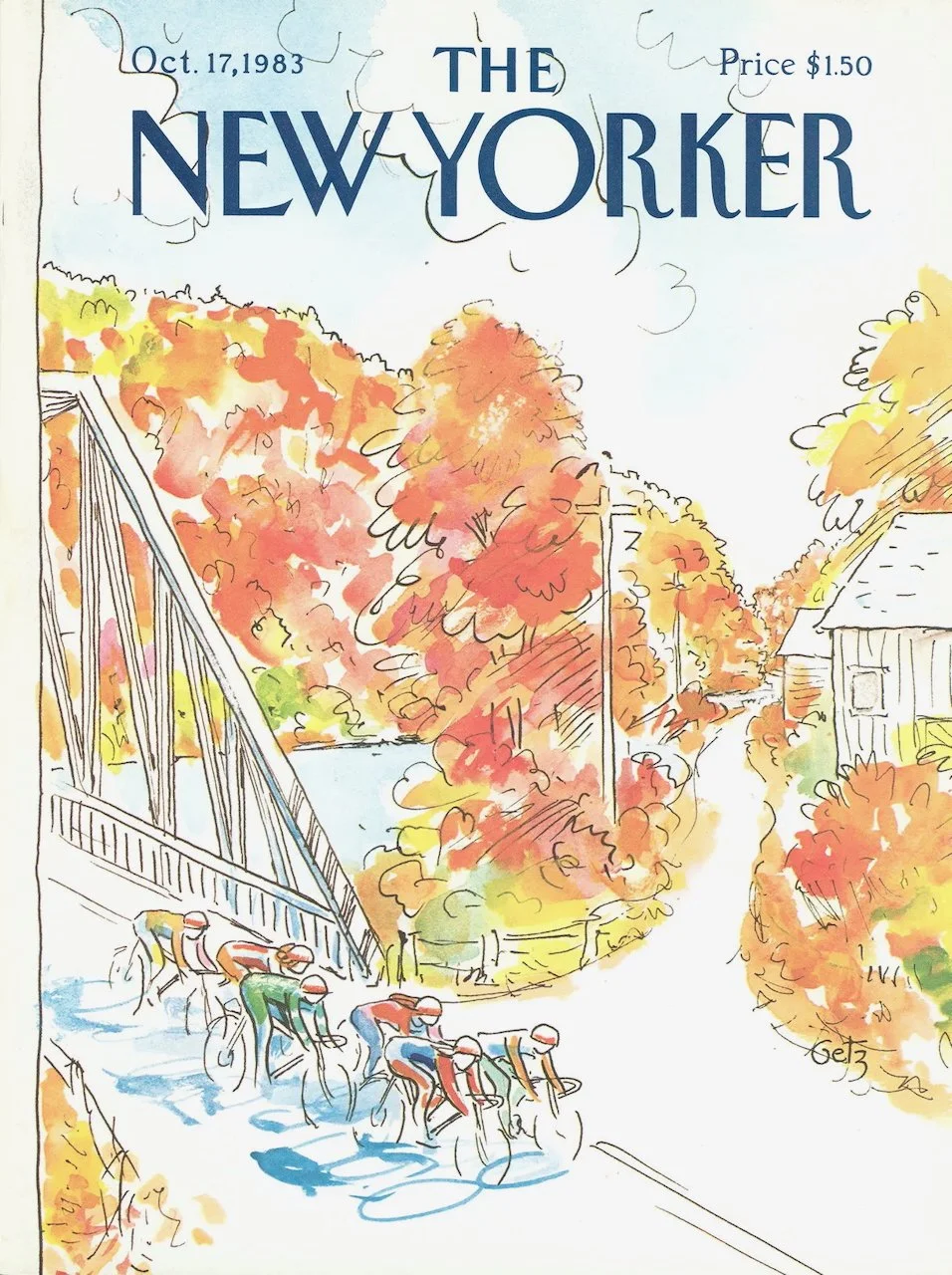The story in which him and his wife accidentally assume someone’s name is Bumpkiss and proceed to call this man ‘Bumpkiss’ for about twenty minutes made me laugh so much.
He offers this advice he got from Victor Garber about what you should immediately do if you find yourself ever too high: "Victor went into Gilda’s kitchen and brought back a little dish of honey and a Coca-Cola. Victor is a diabetic. "You’re having the same reaction to the pot that a diabetic has from a blood-sugar crash," he told me gently. "Everything’s going to be fine. Here, take this." He fed me a spoonful of honey like I was a sick child. Then he had me drink the Coke. And he was totally right. I was back to normal within minutes."
I don’t know quite how to put this, but the way in which he speaks about his wife Nancy (Nan) is so intimate and revealing – I couldn’t get enough. The way he describes her, "She made your heart beat like a little distant jungle drum," makes the reader feel sort of in on their love or something. I feel like this could be a memoir of him and Nan. He loves her so much that it SEEPS through the page. The final few chapters detailing her battle with cancer and the surrounding years of that time had me literally sobbing.
Describing life without his wife: "We were, as a couple, like a big 747 jet plane, powered by two engines. But now one engine is out. Nevertheless, the plane is still filled with passengers, and there’s a lot of responsibility, a lot of lives still to influence. So the plane must continue to fly with one engine. It travels onward, but with a bit more effort and struggle, and with no time to flirt with the stewardess or get a coffee."
After his wife died, people would call and give him advice on how to cope with such a loss: "Mike Nichols also called, urging me to "just keep the conversation going." This was valuable wisdom, because the constant banter I maintained with Nancy was like oxygen to me, and to suddenly no longer have it in my life seemed incomprehensible – and, in bad moments, suffocating."
"After Nancy died, I read a 1910 sermon by the Oxford theologian Henry Scott Holland that has evolved over time into a funeral prayer. It begins:
Death is nothing at all.
It does not count.
I have only slipped away into the next room.
Everything remains as what it was.
The old life that we lived so fondly together is untouched, unchanged.
Whatever we were to each other, that we are still.
Call me by the old familiar name.
Speak of me in the easy way which you always used.
Put no sorrow in your tone. Laugh as we always laughed at the little jokes we enjoyed together."
Needless to say, this man is one of the most talented people alive today and I’m left completely speechless at how incredible this book was to read. (Well, I guess not really speechless since this is a pretty lengthy post, but you know what I mean.) Martin Short, you are perfect.
You can see more posts like this on my latest newsletter.





